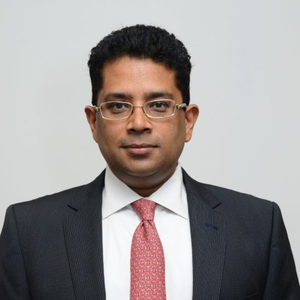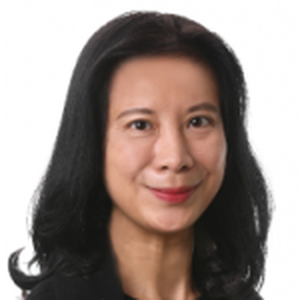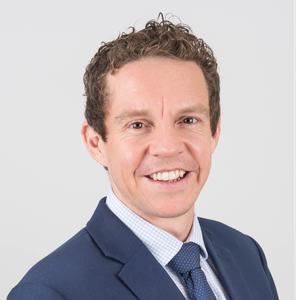Event Details
Asia's leaders in both the public and private sectors have long put economic and profit growth above sustainability goals. Governments have been reluctant to impose regulations and slow to build the infrastructure necessary to build green economies, while Asian companies prioritised expansion above improving their environmental, social and governance (ESG) record. Meanwhile, workers in the region generally valued their pay in their pockets more than the quality of the surrounding land, water and air. Consumers too were won over by how cheap and convenient products are, rather than how socially-responsible their supply chains are.
Could covid-19 change these attitudes? The slowdown caused by the crisis gives Asia leaders a prime opportunity not only to catch up on environmental targets, but also to lay the ground for a green transition. Indeed, the fierce and sudden onset of the coronavirus had already brought certain environmental benefits as industries shut down, such as drastic reductions in energy use and pollution. Moreover, the pandemic highlighted the great risks of not properly managing our environment, ultimately damaging economies and business activity.
How can Asia's businesses push for and support sustainable recovery in the region? Join us and a panel of industry leaders as we discuss the ways in which digital technology, finance and infrastructure can together build a more resilient future for Asia.
Please note that this event is limited to senior-level executives and per invitation only. If you are not an existing member of The Economist Corporate Network, but would like to learn how you can attend our events, please send an email to ecn_sea@economist.com.





